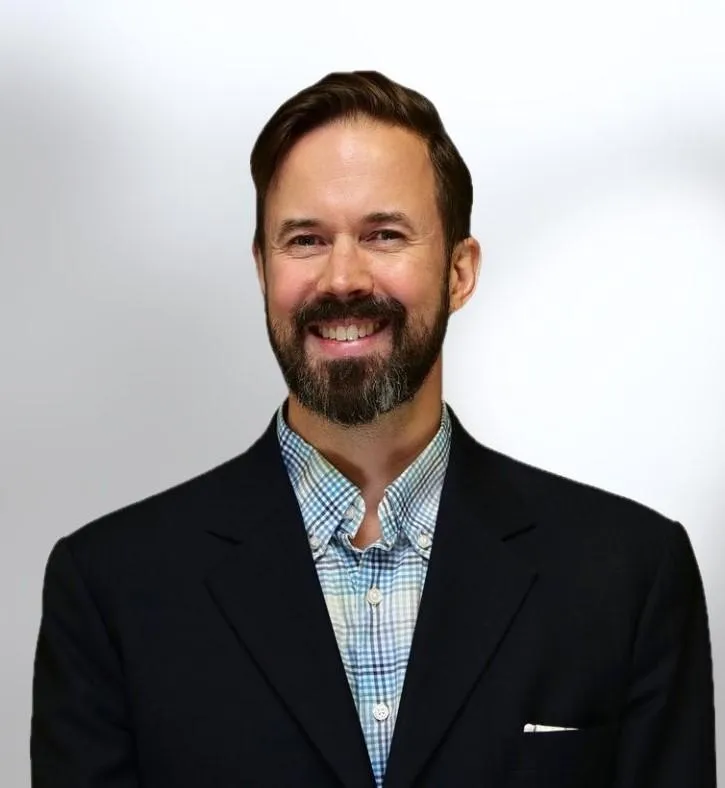
Helping business and non-profit leaders generate higher profits, care for people, and make a lasting impact.
How to Find Joy When Work is a Grind and Glorify God at the Same Time

BUILD MEANINGFUL MOMENTUM
Some CEOs and business owners do the impossible.
They figure out how to balance the organization’s need for profit with their own desire to grow their people and positive impact.
It’s not easy to hold these goals in tension, but it is possible. In fact, I have walked alongside business and non-profit leaders who were able to build and optimize their “purpose machine” to consistently generate profits that most CEOs only dream about.
We’re not talking about a fairy tale. We’re talking about hard work and steady focus on three key areas: 1) generating better returns for your stakeholders/shareholders/owners, 2) serving your customers while investing in employees and 3) making a lasting impact in the world.
What I do is help clients gain clarity in each of the three areas and identify “levers.”
Everyone has heard of working smart, not hard.
Everyone has heard of the 80/20 Rule—i.e., 20% of your efforts produce 80% of your results. Identifying and pulling your organization’s most strategic (and profitable) levers is how you double down on that 20%. Certain actions will cause confusion and dysfunction. Others will produce health, profit, meaning, and impact. Through coursework and coaching, I help my clients measure the latter and move what really matters.
Here is what that looks like in action:

We gain insight into your unique, God-given talents and learn how to maximize your output every day.

We define your organization’s purpose and the value it provides to customers.

We map out the “boundary conditions” necessary for your organization’s success.

We develop a scorecard to test your assumptions and measure how your organization is creating value.
Do you dream about building meaningful momentum? Have you been running on the treadmill of burnout?
Let's discuss how you can maximize your impact. Take the first step and schedule a free strategy session with me.
Michelle Thompson - Founder, Head of School, Hand In Hand Christian Montessori
"We had a total turn around in our company… Thomas Dodds helped me focus on priorities, clarify my mission and my vision, to understand an opportunity when it came across the desk, and to maximize that."

© 2024 Thomas Dodds Consulting